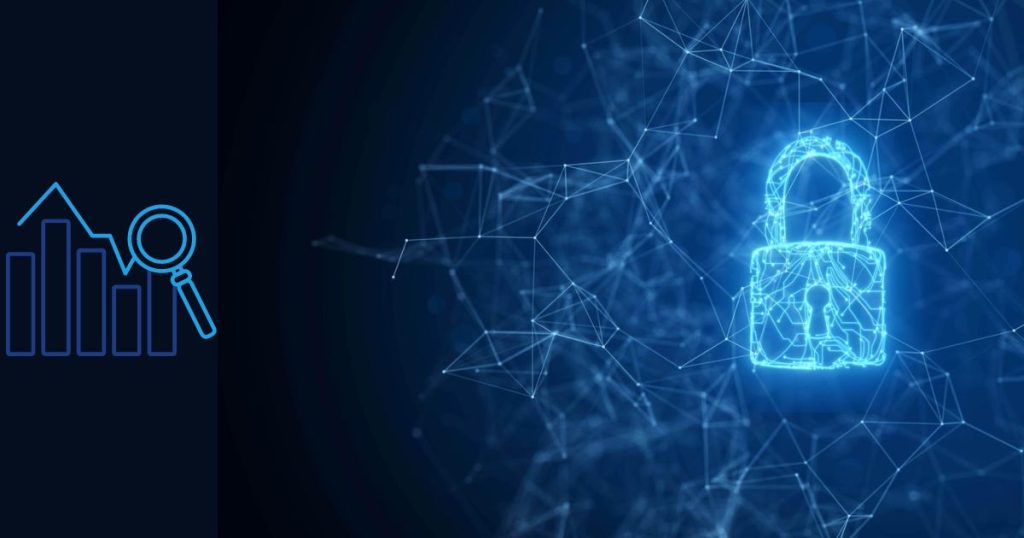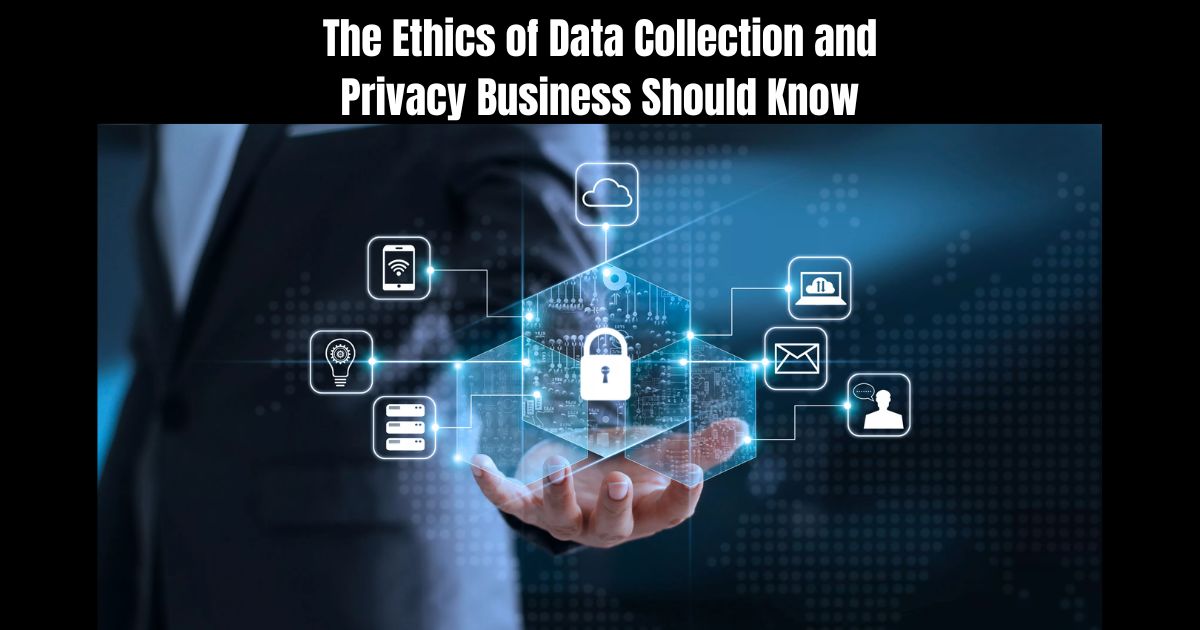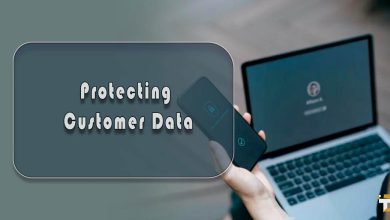The Ethics of Data Collection and Privacy Business Should Know
In today’s digital world, data has become a valuable commodity. Businesses use data to gain insights into customer behavior, preferences, and buying patterns. However, data collection and usage raise ethical concerns that every business should know. This article will discuss the ethics of data collection and privacy that every business should know.
Data collection allows gathering and analyzing information for a specific purpose. Businesses collect data to understand their customers better, improve their products or services, and increase revenue. There are two types of data: personal data and non-personal data.
Personal data includes any information that can identify an individual, such as their name, address, email address, phone number, or IP address. Non-personal data comprises information that cannot identify an individual, such as demographic information, browsing history, or search queries.
Ethical Concerns of Data Collection
Data collection and usage raise ethical concerns that businesses need to address. These concerns include the following:
Invasion of Privacy
One of the most significant ethical concerns of data collection is the invasion of privacy. Organizations collecting and storing personal data from individuals may infringe on their privacy rights. It is particularly concerning when sensitive data such as medical records or financial information is involved. In some cases, individuals may need to be made aware that their data is being collected or may not have given explicit consent to use it.
Misuse of Data
Another ethical concern related to data collection is data misuse. Businesses and organizations may collect data for one purpose but use it for another without the individual’s knowledge or consent. It could result in harm or discrimination against individuals or groups. For example, a company may use an individual’s personal information to discriminate against them based on race, gender, or age.
Lack of Transparency
A lack of transparency in data collection processes is another ethical concern. Many companies and organizations must communicate what data they are collecting, how it will be used, and who it will be shared with. This lack of transparency can make individuals feel uncomfortable and powerless about their data being collected and used without their knowledge or consent.
Breach of Data
Data breaches are a significant ethical concern, as they can expose personal data to unauthorized individuals or entities. It can lead to identity theft, financial loss, and other harm. Companies and organizations must take appropriate measures to secure the personal data they collect and prevent data breaches.

Bias in Data
Collection Bias in data collection is a concern that arises when the data collected needs to be representative of the entire population. It can lead to biased decisions or discrimination against certain groups. For example, if a company only collects data from a particular demographic, it may make personal decisions that negatively affect other demographics.
Data Protection Regulations
Several regulations have been put in place to address the ethical concerns of data collection and privacy. The most notable ones are:
1. General Data Protection Regulation (GDPR): The GDPR is a regulation introduced by the European Union (EU) in 2018. It applies to all organizations that process the personal data of EU citizens, regardless of where the organization is located. The regulation requires organizations to obtain explicit consent from individuals before collecting and processing their data and to take adequate measures to protect the data from unauthorized access or theft.
2. California Consumer Privacy Act (CCPA): The CCPA is a law introduced in California in 2020. It applies to all companies that collect the personal data of California residents. The law gives individuals the right to know what personal data is collected about them and the right to request that their data be deleted.
3. Personal Data Protection Act (PDPA): The PDPA law was introduced in Singapore in 2012. It applies to all organizations that collect, use, or disclose personal data in Singapore. The law requires organizations to obtain consent from individuals before collecting their data and to take adequate measures to protect the data from unauthorized access or theft. Get to know about What is Cybersecurity Insurance and Why is it Important.
Best Practices for Data Collection
To ensure that businesses collect data ethically and protect individuals’ privacy, they should follow these best practices:
1. Obtain Consent: Businesses should obtain individuals’ consent before collecting personal data. Consent should be explicit, informed, and freely given.
2. Be Transparent: Businesses should be transparent about what data they collect, why, and how they use it. They should provide individuals with clear and concise privacy policies.
3. Use Data Responsibly: Businesses should use data responsibly, and for the purpose it was collected. They should not sell or share data without individuals’ consent.
4. Protect Data: Businesses should ensure their data is secure and protected from cyberattacks. They should also have a plan in place in case of a data breach.
Conclusion
The Ethics of Data Collection and Privacy Business are crucial for businesses to know customers and improve their products or services. However, companies need to be aware of the ethical concerns of data collection and privacy. By following best practices and regulations, businesses can collect data ethically and protect individuals’ privacy.





